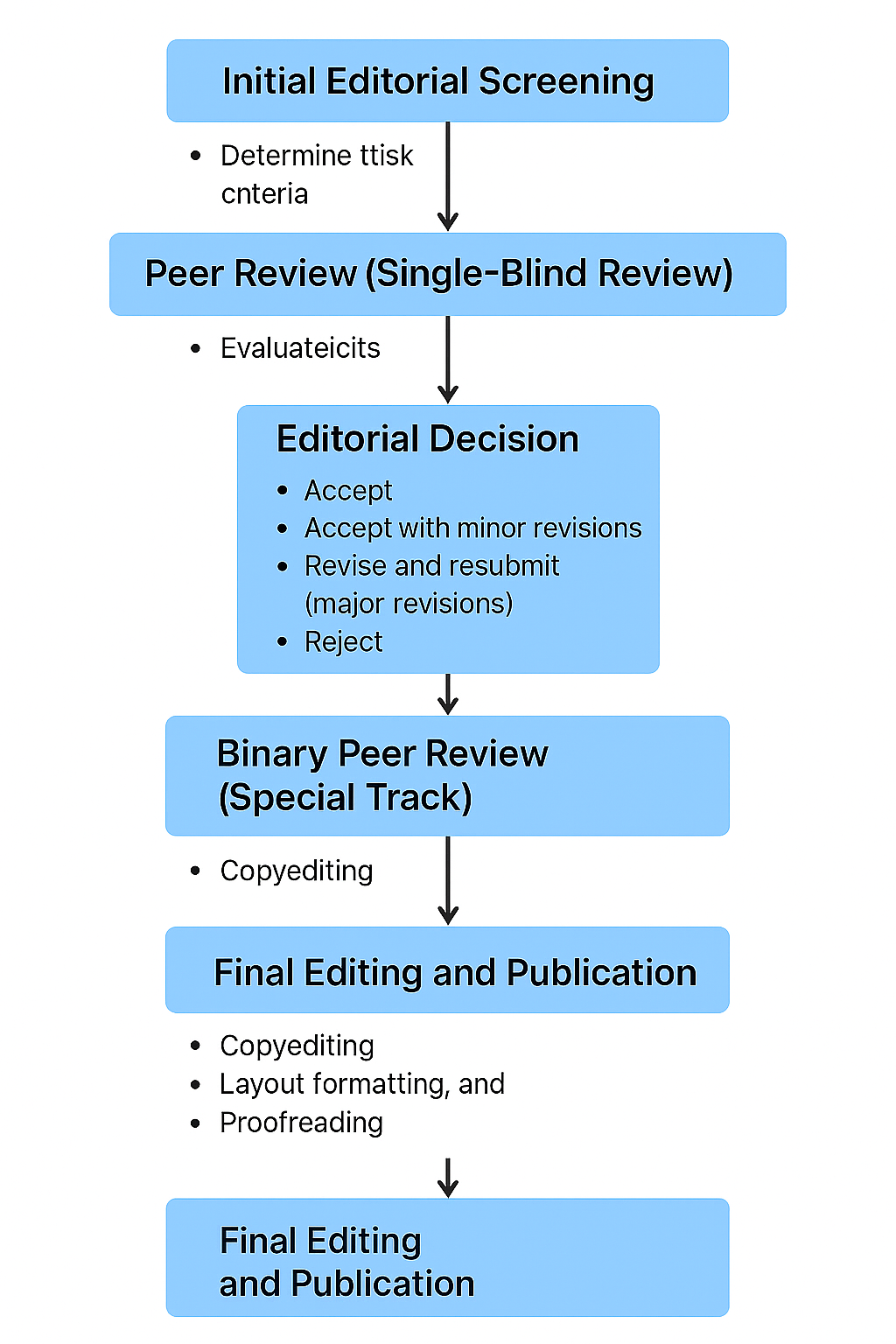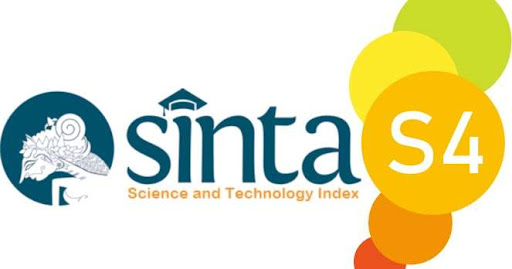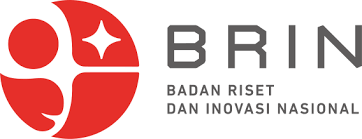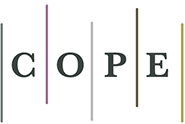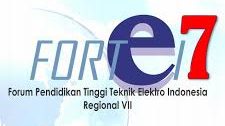Review Process
Peer Review Process
1. Initial Editorial Screening
Once a manuscript is submitted, the editorial office conducts an initial assessment to determine whether the manuscript:
-
Fits the focus and scope of the journal,
-
Adheres to publication ethics (including a plagiarism check via Turnitin, with a similarity threshold of 25%),
-
Follows the scientific writing format, and
-
Does not contain major methodological flaws.
Manuscripts that fail to meet these basic criteria will be desk-rejected and returned to the author without external review.
2. Peer Review (Single-Blind Review)
Manuscripts passing the initial screening are forwarded to at least two independent reviewers with relevant expertise.
-
The journal adopts a Single-Blind Review system, where reviewers remain anonymous to the authors.
-
Reviewers evaluate the manuscript's methodology, significance, novelty, academic contribution, and overall quality.
-
The average review time is approximately 4 to 8 weeks.
3. Author Revisions
Reviewer comments are sent to the corresponding author, who is expected to submit a revised manuscript along with a point-by-point response within the specified timeframe (usually 2 weeks).
-
If necessary, the revised manuscript may undergo a second round of review.
4. Editorial Decision
The final decision is made during the editorial board meeting, based on:
-
Reviewer feedback,
-
The quality of revisions, and
-
The manuscript’s alignment with the journal’s standards.
Possible decisions include:
-
Accept without revisions,
-
Accept with minor revisions,
-
Revise and resubmit (major revisions), or
-
Reject.
5. Binary Peer Review (Special Track)
For certain manuscripts (e.g., those submitted through special issues or institutional collaborations), the journal may apply a Binary Peer Review model.
-
Authors will receive a clear accept or reject decision after peer review.
-
If accepted, minor revisions may still be requested before publication.
-
If rejected, the reasons will be clearly explained.
6. Final Editing and Publication
Accepted manuscripts proceed to:
-
Copyediting,
-
Layout formatting, and
-
Proofreading stages.
Authors will be required to approve the final version of the manuscript prior to online publication.
Correspondence
All correspondence related to manuscript submissions must be addressed to the Editor-in-Chief via the journal's official email: energy@upm.ac.id.
-
Communication is conducted solely with the corresponding author, who is responsible for relaying information to co-authors.
-
Further correspondence may be required after acceptance for the purposes of final editing and publication licensing.
